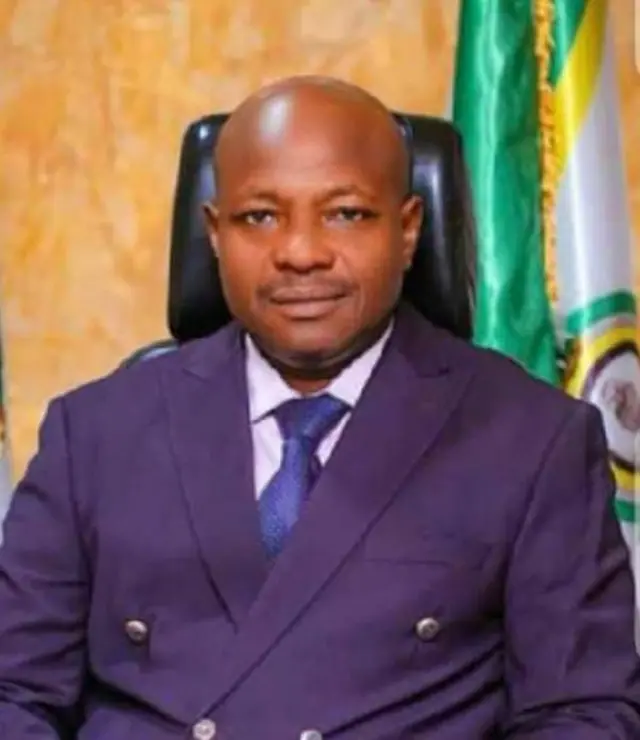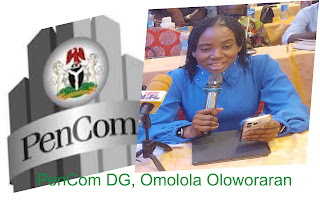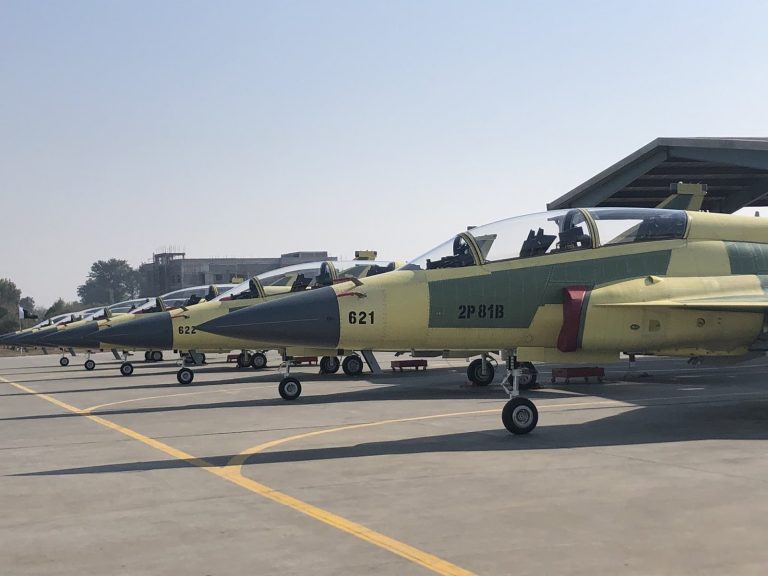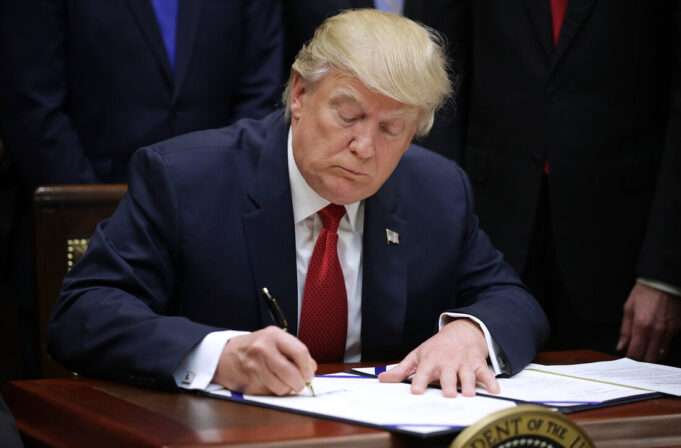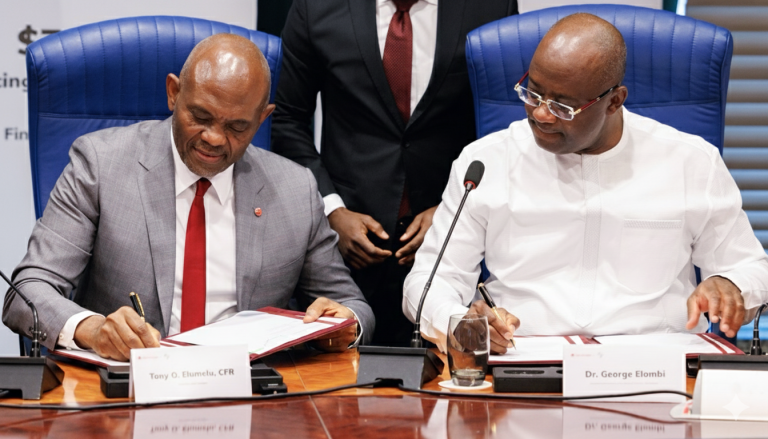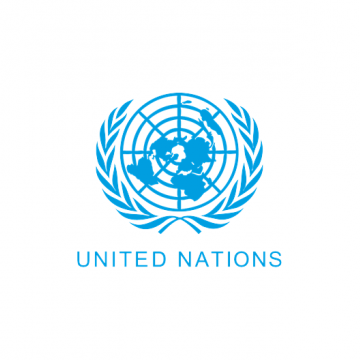
“UN ASSEMBLY RELOCATES TO GENEVA AFTER US BLOCKS PALESTINIAN DELEGATION”
 GREATRIBUNETVNEWS–THE United Nations General Assembly has announced that its September session will be held in Geneva, Switzerland, instead of its usual location in New York. This decision comes after the United States denied entry visas to Palestinian President Mahmoud Abbas and dozens of senior Palestinian officials.
GREATRIBUNETVNEWS–THE United Nations General Assembly has announced that its September session will be held in Geneva, Switzerland, instead of its usual location in New York. This decision comes after the United States denied entry visas to Palestinian President Mahmoud Abbas and dozens of senior Palestinian officials.
Reasons Behind the Relocation:
– US Visa Denial: The US State Department cited “national security” concerns, accusing the Palestinian Authority and the Palestine Liberation Organization of undermining peace efforts through legal appeals to international courts.
– Palestinian Participation: The relocation aims to ensure full Palestinian participation in the UN assembly, particularly in a segment dedicated to Palestinian rights scheduled for September 22.
Implications and Reactions:
– International Criticism: The US decision has been criticized by legal experts and diplomats, who argue it violates the 1947 UN Headquarters Agreement.
– Precedent: This is not the first time the UN has relocated a session due to US visa issues; a similar situation occurred in 1988 when the US denied a visa to Yasser Arafat.
What’s Next:
– Geneva Meeting: The UN assembly will convene in Geneva, ensuring Palestinian officials can participate in the discussions.
– Global Implications: The relocation may have significant implications for global diplomacy and the Israeli-Palestinian conflict .
European leaders have condemned the U.S. decision. Spain’s Prime Minister described the move as “unjust,” while France reaffirmed that UN platforms must remain accessible to all recognized delegations.
The Geneva session also coincides with growing momentum among several countries, including France, the United Kingdom, and Canada, to formally recognize Palestinian statehood, adding diplomatic weight to the proceedings.
Palestinian officials have denounced the U.S. action as a deliberate attempt to silence their voice at a time when Gaza faces mass displacement, starvation, and what UN experts have described as genocidal violence.
President Abbas is expected to address the Assembly in Geneva, where he will call for international protection, recognition of Palestinian sovereignty, and accountability for war crimes.
The Geneva session is expected to amplify calls for action under the “Uniting for Peace” resolution, which empowers the General Assembly to recommend collective measures when the Security Council is unable to act due to political obstruction or lack of consensus.
Advocacy groups are urging the UN to consider deploying international protection forces to Gaza and to suspend Israel’s privileges within the UN system until humanitarian access is restored.
Beyond its logistical implications, the relocation signals a deeper shift in global diplomacy, where procedural justice and international law are being reasserted against political obstruction.
The Geneva gathering is expected to draw high-level delegations, legal experts, and civil society leaders, all converging to confront the worsening crisis and to chart a path forward for Palestinian self-determination.

